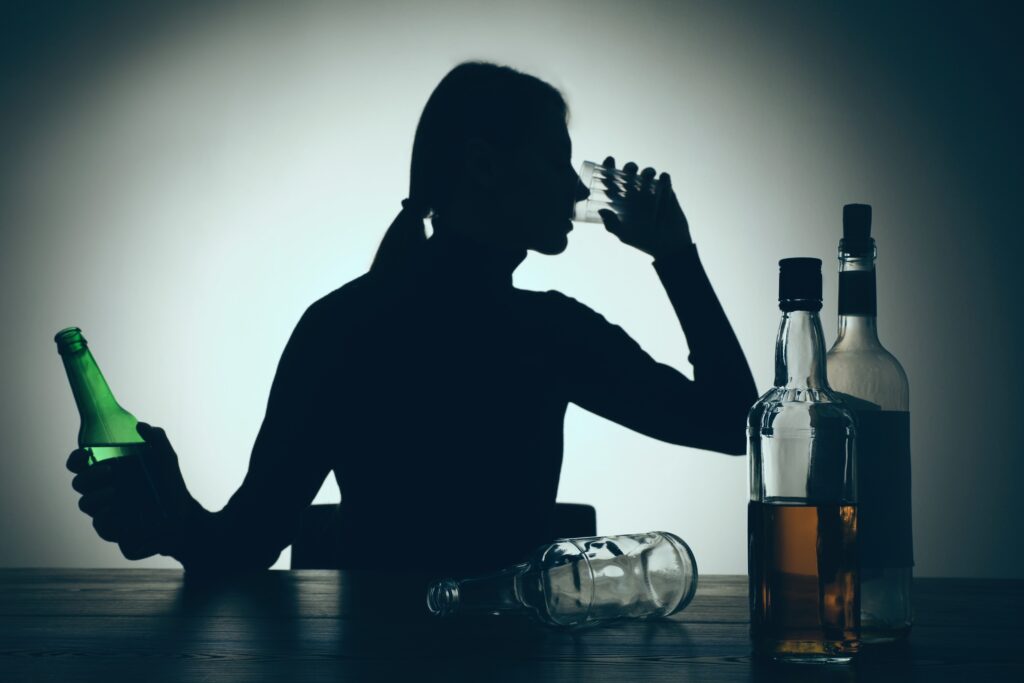
Intoxicated individuals are more likely to behave in ways that put others at risk. Their negligent actions like impaired driving, knocking someone down, or instigating a fight causes harm to innocent bystanders. When you’re out in public at a bar or restaurant and an individual is repeatedly served alcohol, it is the partial responsibility of the establishment to stop serving them in order to avoid an accident. Legally, this is called dram shop liability and Illinois dram shop law dissuades the practice of overserving individuals as a way to prevent accidents and injuries caused by intoxicated individuals.
Here, the Chicago personal injury attorneys at Lerner and Rowe explain Illinois dram shop law and offer some tips on the actions to take if you are injured by a drunk person in Chicago.
Illinois Dram Shop Law
In Illinois, the Dram Shop Act is a law that allows people who have been injured by an intoxicated person to sue the establishment that served them alcohol. The law applies to all establishments that sell or serve alcohol, including bars, restaurants, and liquor stores.
For a successful dram shop lawsuit, the plaintiff must prove that:
- The establishment sold alcohol to the patron who caused the injury
- The alcohol from the establishment caused patron’s intoxication
- The victim suffered injuries
- The victim’s injuries that were caused (at least in part) by the same patron’s intoxication
One example of an Illinois dram shop claim would be if John Doe left a bar, drove intoxicated, and caused an accident. The individual injured in the accident could then sue John Doe and the establishment who served the alcohol.
What You Should Do If You Are Injured By a Drunk Person
If you’ve been injured by a drunk person, it can be a stressful and overwhelming experience. Depending on the situation, the best course of action will vary. For example, what you’d do after a car accident involving a drunk driver will be different than if you were injured at a bar. No matter what situation led to the injury, there are a few things you should do if you are injured by a drunk person.
- Remain calm: this can be difficult, but it is important to do so. If you are calm, you will be better able to handle the situation.
- Do not argue: it is not worth your time or energy to argue with a drunk person. Arguing will only make the situation worse.
- Call 911: call the police to report the accident and injuries. Obtain a copy of a police report for use as evidence in your Illinois dram shop liability claim.
- Seek medical attention: it’s important to get checked out by a doctor, even if you don’t think you are injured. Some injuries may not present until later.
- Save all of your medical records: like the police report, any bills, prescriptions, and other documentation related to your treatment will be used in your personal injury claim.
- Gather Information: collect as much information as possible about the incident. Get the contact information of the person who caused the harm, as well as any witnesses who saw what happened. Take photos of your injuries and any damage to property.
- Take pictures and video of the accident scene: this will help to document the damage and the circumstances of the accident.
Contact Lerner and Rowe
If you’ve been injured by a drunk person in Chicago, a personal injury attorney from Lerner and Rowe can file an Illinois dram shop liability claim. Our team is dedicated to helping clients get the justice they deserve for their injuries. Our lawyers have more than 240 years of combined experience winning maximum compensation for injury victims. We have a proven track record of success in recovering compensation for our clients, and we are committed to providing compassionate support to every client.
Our team is available 24 hours a day, 7 days a week. To start your free, no obligation consultation 708-222-2222. You can also connect with us by filling out this online form or connecting with one of our LiveChat agents.



